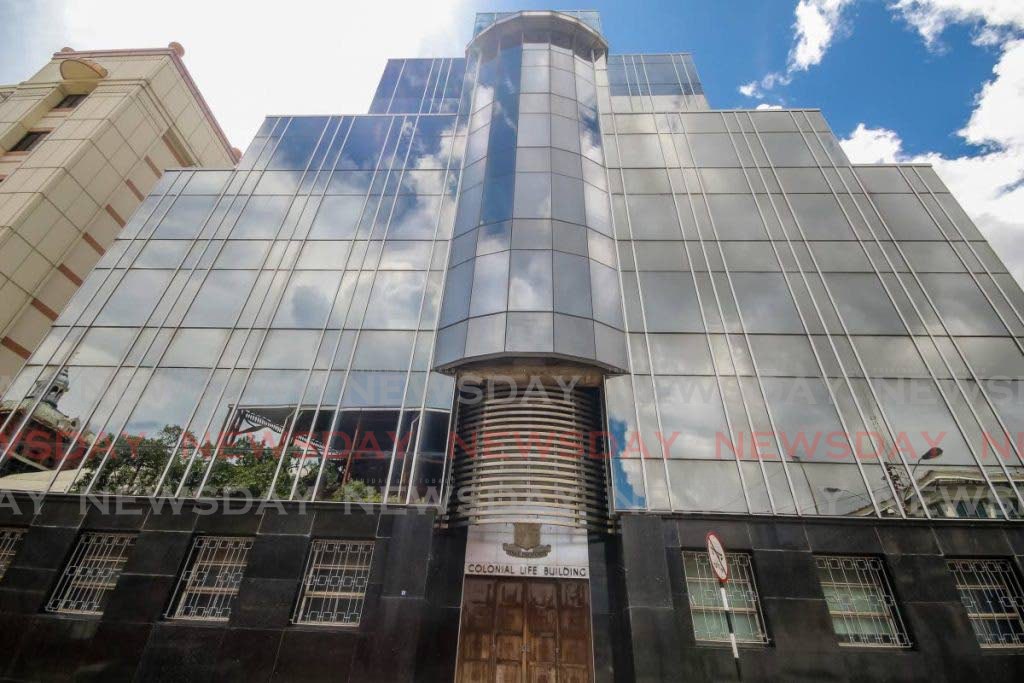It's not over

THIS MONTH, the Central Bank relinquished emergency control of Colonial Life Insurance Company (Clico), bringing to a formal end a bailout that stretched over a dozen years, through three prime ministers, and involved the diversion of almost $20 billion in treasury funds.
But while this is a momentous development, no one should be fooled. We have not heard the last of the Clico saga.
Though the Central Bank has closed the chapter of its involvement, a series of court cases highlighting questions of fiduciary breaches amid a once-weak regulatory landscape remain pending or planned.
Clico has reportedly paid off much of its debt to the State, but the company’s officials last week indicated their intention to go after $11 billion from its parent company, CL Financial, which was liquidated by the Government in 2017, in court.
“We are going behind every dollar,” Clico’s executive chairman Claire Gomez-Miller warned last week.
Meanwhile, the sale of Clico’s traditional insurance portfolios is being challenged, while the controversial sale of Clico Energy is still being litigated.
The saga is not just a legal or procedural one. It goes to the very heart of politics in this country, and, for this reason, its implications will continue to unfold in unexpected ways.
The recent PNM internal election campaign, in which former finance minister Karen Nunez-Tesheira unsuccessfully contested party leadership, did not change her political fortunes, but it resurrected old questions relating to her conduct in presiding over the original Clico bailout.
It also placed under a spotlight the Prime Minister’s 2016 decision to withhold the findings of a commission of enquiry into the CLF affair pending referral to prosecutors.
It would be an understatement to describe Clico as a politically sensitive issue.
Patrick Manning, Kamla Persad-Bissessar, Dr Rowley – each of these prime ministers has had to handle some aspect of this hot potato.
But the conditions that laid the foundation for the Clico collapse go back even further, with questions about the quality of the Central Bank’s oversight being asked long before the collapse of 2009.
As various scandals over the years surfaced – as well as evidence heard by the enquiry confirmed – CLF was a company that was not averse to taking actions that could be interpreted as attempts to curry favour with all sides.
Whether such efforts were successful or not, they underlined the influence wielded, by a select group of businessmen, over national affairs.
Throughout the entire period of the State’s bailout, there have been perennial rumours about possible “comebacks” by key actors.
With no one ever being held to account to date for the single most catastrophic financial failure in our modern history, the door has been left open for many more sequels to come.

Comments
"It’s not over"